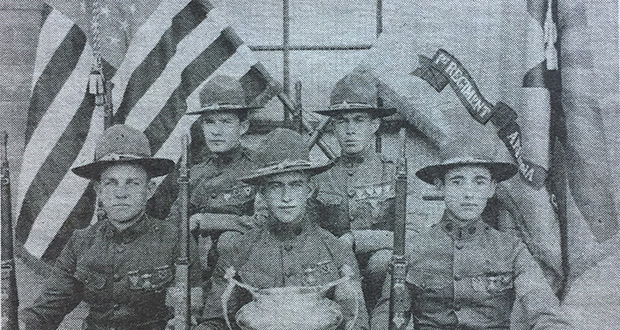A Man of Strong Opinions
Arizona Capitol Times Staff//August 7, 2017//[read_meter]
This is businessman and pioneer Tucson Mayor Charles Moses Strauss in a photograph taken in 1883. Charles Moses Strauss was born in New York City on...
No tags for this post.

















